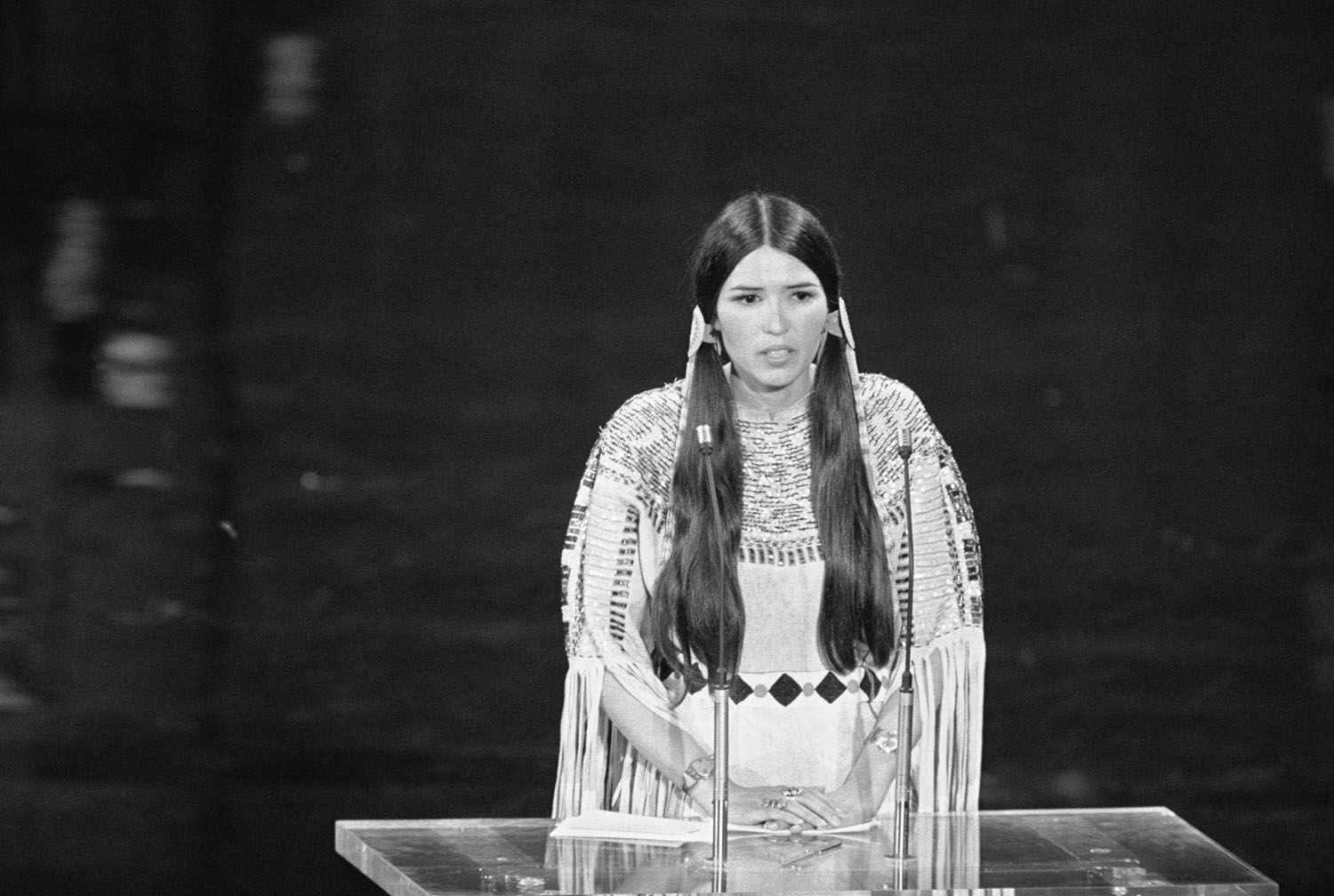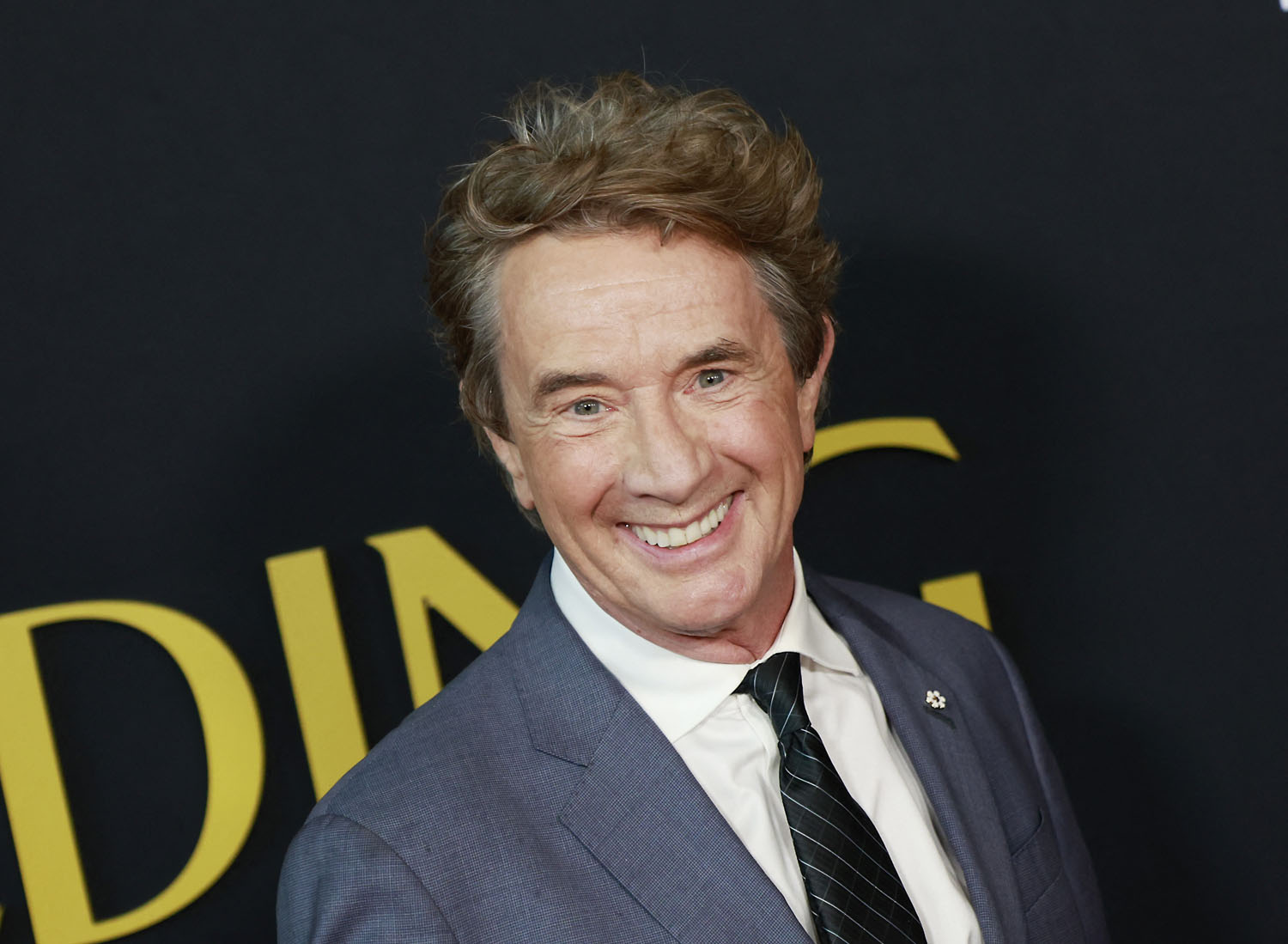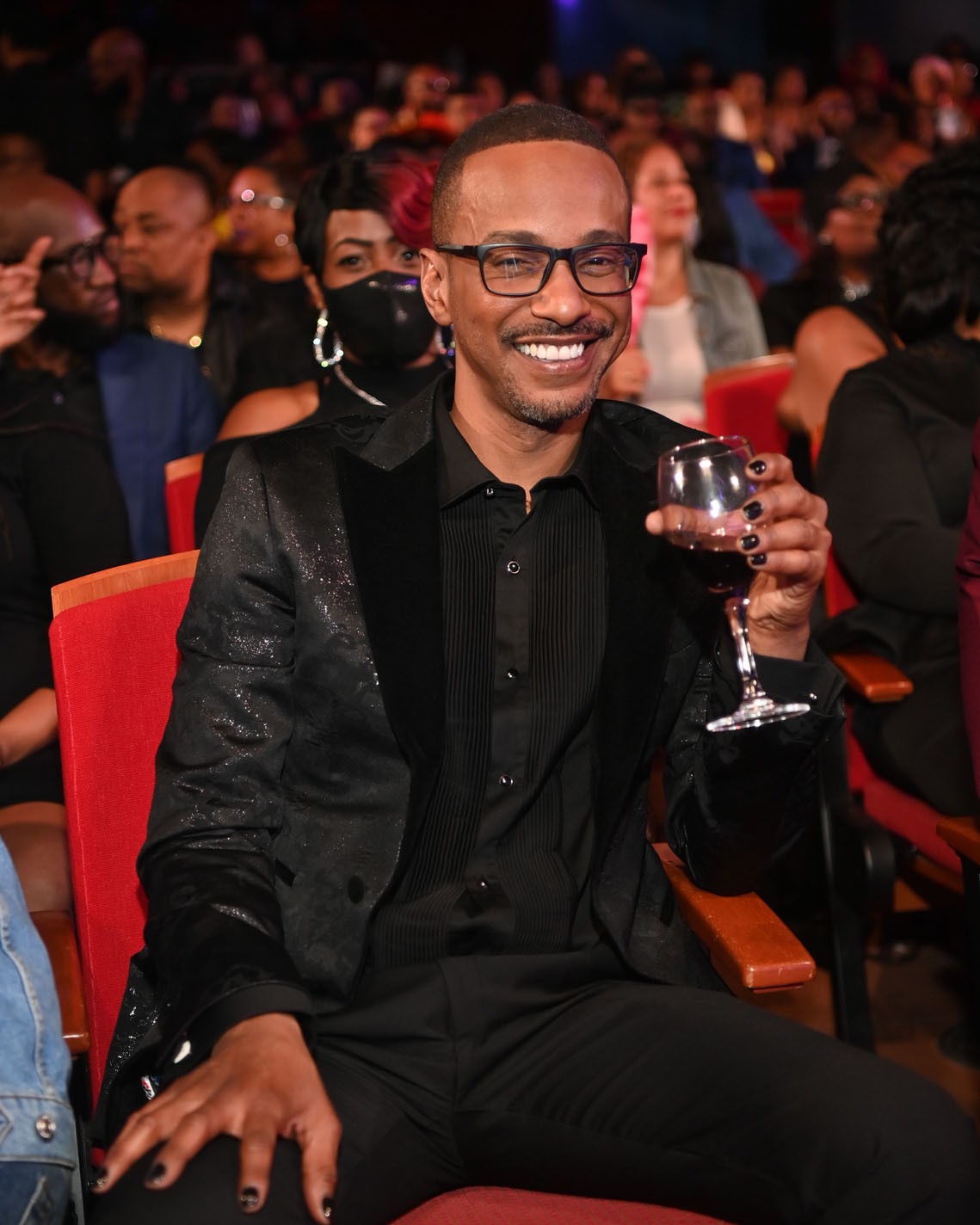The Academy apologized to Sacheen Littlefeather



Forty-nine years after she declined Marlon Brando’s Best Actor Oscar in 1973, the Academy of Motion Picture Arts and Sciences has issued a formal apology to Sacheen Littlefeather for her treatment during and after her speech, in which she spoke against negative stereotyping and representation of American Indians in Hollywood, and referenced the American Indian Movement and “recent happenings at Wounded Knee”, referring to the Wounded Knee occupation, which was then about a month old. Though many in the audience did cheer Littlefeather’s message, she was audibly booed, as well as taunted with “tomahawk chops” and “Indian war cries”, and John Wayne had to be bodily held back from rushing her on stage. Further, telecast producer Howard Koch told Littlefeather she had only sixty seconds to deliver Brando’s message, or else he had security on hand to arrest her. For what?! Going long on your Oscar speech isn’t a crime, or else Matthew McConaughey would be in jail!
You can read Littlefeather’s recollections of that night in her oral history, which is part of the Academy’s upcoming event honoring Littlefeather at the Academy Museum. The Academy’s apology was first presented privately to Littlefeather in June, who will be speaking at that museum event in September. (If you live in the LA area, it’s free.) It took an embarrassingly long time, but this is a lovely moment for Littlefeather, to tell her story on the record, and to make clear that the booing and John Wayne trying to bum rush the stage and especially threatening to ARREST her was the not cool part of the evening, not the part where Brando gave his time to an activist working for a more equitable film industry. Sacheen Littlefeather has been the butt of jokes for years, it’s overdue but good that she’s finally getting a chance to correct the record in her favor, in her own words.
And in a sign that change may be slow but does arrive eventually, the Hollywood of today is slightly less terrible in its depictions of American Indians and First Nations peoples. We have shows like Reservation Dogs and Dark Winds telling Native stories by and for Native people, and Jason Momoa, a Native Hawaiian, has the power to produce a biopic of Hawaiian surfing legend Duke Kahanamoku. What’s more, Momoa is a staunch activist for Native land and resource rights, often appearing at protests in Hawaii, and while I’m sure some people wish he would “stick to acting” or whatever, he is also one of the most popular actors working today. It’s not hurting his career, as it did Littlefeather’s, to be seen as an activist and advocate. Again, not perfect, but not as bad as it was. Given all the other losses on the human rights front recently, I’ll take the baby steps where I see them.

